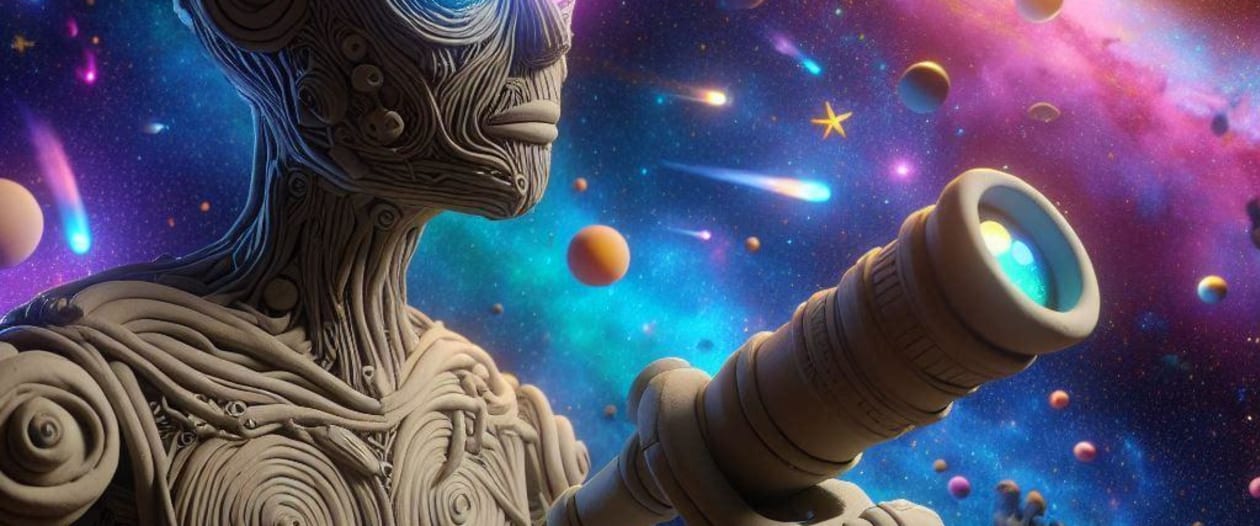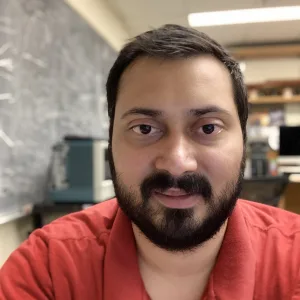

Karthik Suresh
Tagline:Post doctoral research associate at Department of Data Science in College of William & Mary
Williamsburg, VA, USA
About me
I am a data physicist and optimization researcher, currently exploring the fascinating crossroads of AI, high-performance computing, and experimental physics. My work spans Bayesian optimization and adaptive experimentation for particle detector design, and developing grounded large language models to help scientists make sense of complex knowledge landscapes. Along the way, I’ve built tools for experiments like GlueX and the upcoming Electron-Ion Collider — where the art of turning noisy, high-dimensional data into insight is both a science and a bit of an adventure. I enjoy crafting intelligent systems that not only crunch numbers but also spark new ways of thinking.
Work Experiences
Post Doctoral Research Associate
from: 2023, until: presentOrganization:College of William & MaryLocation:Williamsburg, VA
Description:I am a member of the AI-Assisted Detector Design for the Electron-Ion Collider (AID²E) collaboration, where I serve as a key contributor to the development of a distributed software framework for optimizing detector designs. This framework leverages advanced optimization algorithms and high-performance computing to efficiently explore complex design spaces and accelerate the R&D cycle for next-generation particle detectors.
Graduate Researcher
from: 2018, until: 2023Organization:University of ReginaLocation:Regina, SK Canada
Description:During my PhD with the GlueX experiment at Jefferson Lab, I worked at the intersection of data science, statistical modeling, and experimental physics. The analysis involved processing terabytes of complex detector data—high-dimensional, noisy, and incomplete. I developed robust detector calibration models to ensure accurate reconstruction of particle trajectories and energies, laying the groundwork for precise downstream analyses.
My primary contribution was in building advanced Bayesian and statistical inference pipelines for Partial Wave Analysis (PWA), a technique used to disentangle subtle quantum signals from overwhelming physical backgrounds. I designed custom high-performance data workflows and implemented scalable PWA algorithms to analyze the challenging neutral $b_1(1235)$ meson decay channel—one of the first such analyses performed in GlueX. My work not only produced new physics results but also introduced modular, reusable software tools now employed by the collaboration for other PWA and detector optimization tasks.
Skills
- C++ (expert) & Python (expert)
- Data Science
Research Interests
- Design Optimization
- Hadron Spectroscopy
- High Performance Computing (HPC)
- Generative AI
- Uncertainity Quantification
Education
Ph.D
from: 2018, until: 2023Field of study:PhysicsSchool:University of ReginaLocation:Regina SK Canada
DescriptionI worked under the supervision of Dr. Zisis Papandreou and co-supervision of Dr. Cristiano Fanelli (Assistant Professor, College of William and Mary). My PhD thesis topic is connected to the subatomic physics experiment called GlueX and the upcoming Electron-Ion Collider (EIC)